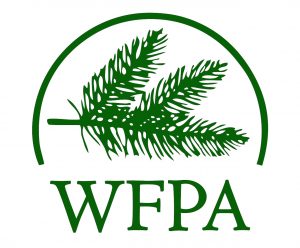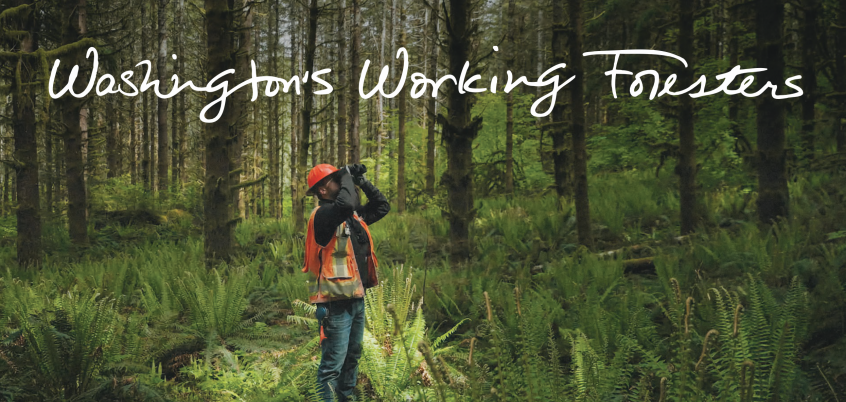

Washington’s forest products industry is a cornerstone of the state’s economy, providing crucial support to rural communities and offering over 102,000 family wage jobs across all counties. These jobs contribute significantly to local economies, with the forest industry injecting $5.6 billion in wages and $300 million in taxes annually. However, the sustainability of these jobs is at risk due to recent developments that threaten working forests and the environment.
Managed forests play a crucial role in mitigating environmental challenges. Currently, more than 12 million acres (53%) of Washington’s forests are unmanaged, limiting their potential to grow faster, store more carbon, and support jobs. Private forests, in particular, sequester 120% more carbon per acre per year than state DNR forests and 175% more than federal forests. Therefore, supporting policies that encourage the expansion of productive working forests is essential for both economic growth and environmental sustainability.
Washington has a shortage of 270,000 homes to meet demand and make homes more affordable, policies that remove working forests without consideration for the workers, take timber supply out of production, reducing the local wood supply which costs jobs, and damages the infrastructure of mills, trucking and local economies. Washington already has some of the most restrictive environmental regulations in the country, making it imperative to find a balanced approach that protects both the environment and the workforce.
The forest products sector supports family wage jobs across the entire supply chain, and there is potential to expand working forests to further support jobs and the local wood supply for homes. To achieve this, it is crucial to support policies that incentivize the growth of healthy, working forests within the state. Encouraging the use of wood sourced locally rather than from out of state will not only bolster the workforce but also maintain the environmental standards Washington is known for.
Supporting policies that will maximize carbon in our forests by growing more trees and using more wood – will not only sequester and store more carbon, but also support local communities.
Managed forests lose about 14% of their annual growth to tree mortality from disease and fire each year; unmanaged federal forests lose 71% of their annual growth due to tree mortality from insects, disease, and fire. It is important we actively manage our working forests.
We should support policies that increase the use of wood in construction and incentivize growing more forests and timber supply which supports jobs.
In conclusion, it is imperative to advocate for policies that promote the expansion of working forests, restore forest health, and safeguard the interests of both the environment and the workforce. Asking for balanced policies that consider people, families and conservation is vital for achieving a balanced and sustainable approach to forestry in Washington.
